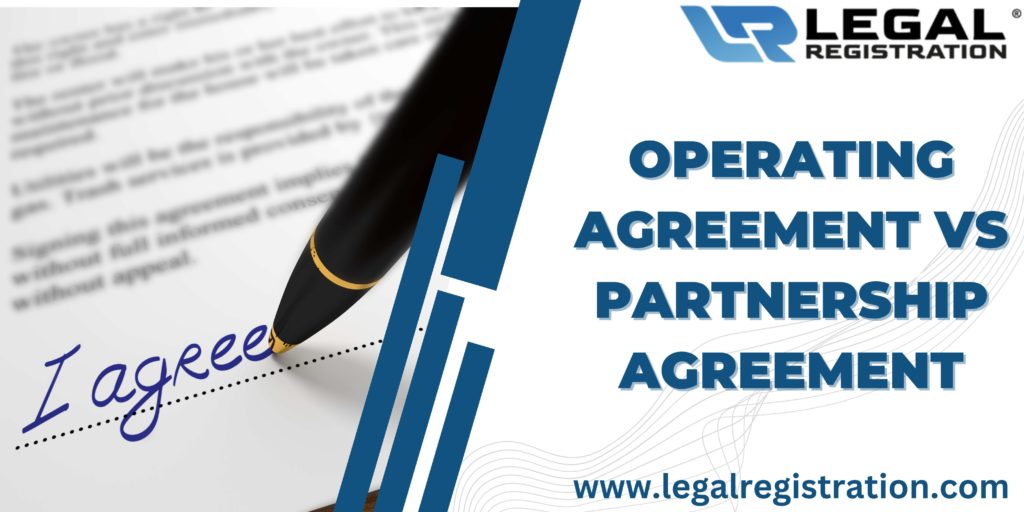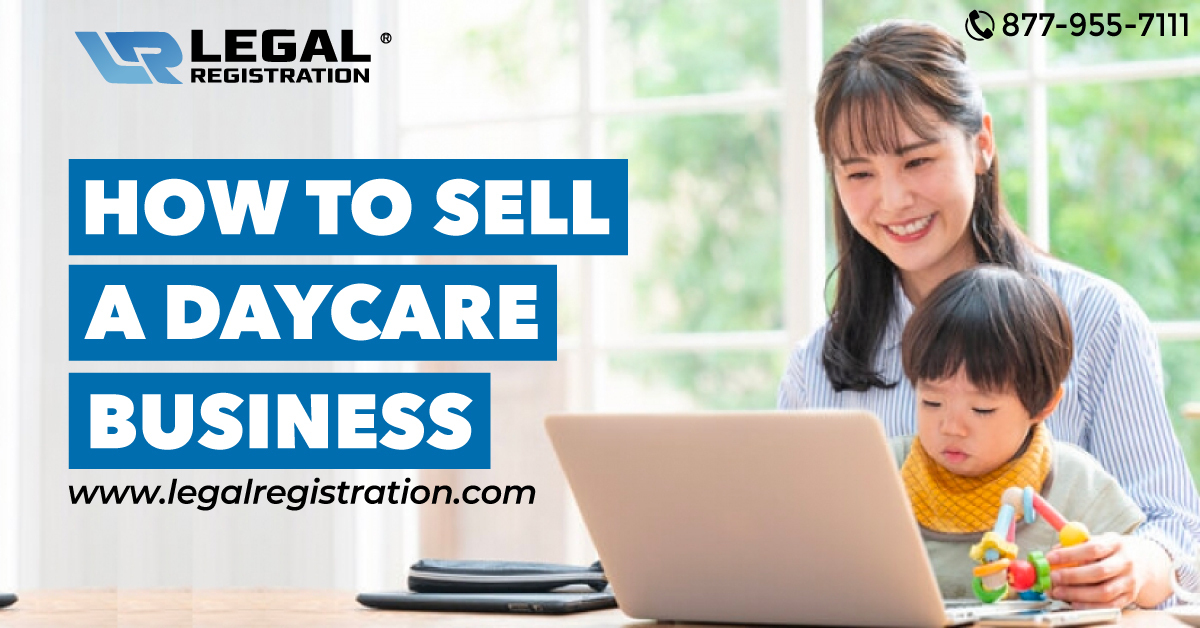Personal Service Corporation

Personal Service Corporation
A personal service corporation is a specific type of corporation in the US. It functions as a corporation that provides personal services to people or groups. The types of services span a wide variety. They include all sorts of services related to professional business endeavors. Those endeavors get listed by the Internal Revenue Service (IRS).
Say that a C corporation owner seeks a personal service designation by the IRS.
The owners/employees have to perform over 20 percent of all personal services. Plus, owner-employees must own over 10 percent of outstanding stock in the corporation. Please continue reading to learn more about the basics of a PSC. If you have any questions, do not hesitate to contact the LegalRegistration.com team.
The Basics of a Personal Service Corporation
Each personal service corporation functions as an official taxing entity. An owner must set up the corporation based on official IRS regulations. The services that a PSC can provide vary. They often focus on architecture, engineering, accounting, or consulting. But some PRC services focus on law, performing arts, science, and health.
Keep in mind that a financial service activity does not apply to a PRC.
That is why most financial advisors create S corporations. Many personal service businesses have to undergo an income test. The test is for all employees of personal services corporations. The test will prove that the employees devote at least 95% of work time to services.
The Relationship of a PRC & Taxes
All personal service corporations get taxed through the US Internal Revenue Service. The rate is the taxable income of the corporation multiplied by 21 percent. Many tax benefits exist through the organization of C corporations. That is why countless high-earning professionals in the US take part in the structure. Here is an example. Through a C corporation, owners/employees can leave specific earnings within the business. This means that the corporation will get taxed at a low corporate rate. In fact, the tax rate becomes lower than a standard marginal tax rate.
Professionals in the US can also take advantage of certain tax-free fringe benefits.
Plus, they also love the limited liability that these corporations have. The IRS can also provide a positive treatment of business deductions. Every corporation has to adhere to specific IRS tax regulations. Also, there are many passive activity regulations for C corporations. Professional corporations and personal service corporations are different. A professional corporation is a separate type of business entity. Each professional corporation features specific forms of professionals under state law.
Personal Service Corporation Test of the IRS
Let’s now go over official IRS policies related to personal services corporations. The IRS will consider someone as an employee-owner of a personal care corporation. But only if the following conditions take place. An individual must operate as one of the employees of a corporation. He or she has to perform personal services. Those services take place on behalf of the corporation. That is the case even if the employee has an independent contractor classification. The employee-owner must also own stock in the corporation when testing happens.
Here is another IRS policy to keep in mind. Say that someone operates as an owner/employee of a personal service corporation.
Plus, their business relates to fine arts/creative services or photography. Current expenses can then get deducted to benefit the corporation. But also remember the following rule. The owner/employee has to hold almost all outstanding stock of the corporation. Or, the owner/employee’s family members must hold most corporation stock. The rule does not apply to other forms of PRC businesses and corporations.
What You Must Do When Filing IRS Tax Returns
Every personal service corporation gets taxed by the IRS. The flat tax rate is 35 percent of all taxable income. This taxation does not apply to standard corporate tax rates. The key is to review your tax return every year. Say that you had a third party or tax practitioner prepare the return. It’s best to contact that third party to assist you. But if the return looks correct, no further action becomes needed.
Use IRS Form 1120X if the tax return looks incorrect.
The official title of the form is: “US Corporation Income Tax Return.” This form will help your corporation correct the tax. The instructions of Form 1120 will have more information. This way, your personal service corporation will know what to do. Now, say you have questions about IRS tax rules for personal service corporations. You can call the IRS for help. Or, you can contact LegalRegistration.com and we can direct you to resources. Of course, our organization cannot increase or decrease a corporation’s tax liability.
The Definition of Personal Service Corporations
Here is a basic definition of personal service corporations. The abbreviation “PSC” refers to a personal services corporation. It is a business that, as the name alludes to, offers personal services to the public. The services can span a wide variety of industries and fields. Only the IRS can dictate the exact tax purposes of any personal service corporation.
There are many tax advantages associated with personal services corporations.
These include limited liability, business deductions, and a reduced corporate rate. Plus, certain tax-free fringe benefits can exist for each corporation. Now, say a corporation wants official personal service corporation tax status. The tax stays can only come from the IRS. Here is what must take place for this to happen to a corporation. An owner/employee has to perform over 20% of all personal services. The owner/employee must also own over 10% of outstanding stock during a testing period. The IRS will conduct an official income test. The test enforces employees to spend over 95% of work time with certain services.
Benefits of PSCs
Major benefits can take place once you own a personal services corporation. One benefit of operating is the ability to exist if one or more owners withdraw or die. Say that this situation happened within a partnership or sole proprietorship. Both entities might have to dissolve. But that is not the case with a personal services corporation. Here is another major benefit of corporations in personal services: limited liability protection. That protection gets afforded by the US government to all corporation owners.
So, what does limited liability protection mean?
An owner can’t get held liable for negligent actions that any other owners take. This legal concept applies to either civil or criminal charges. Of course, limitations exist for owners when it comes to limited liability protection. Each owner gets held liable for any of their own criminal or negligent actions. Here is one more key advantage of personal service corporations. A corporation can fund retirement and 401(k) plans with high contribution amounts. The amounts come out to more dollars than companies using other business structures.
More Tax Advantages of Personal Service Corporations
Any PSC can deduct business expenses from the total revenue amount. This way, the personal service corporation can reduce its entire tax liability status. There are all sorts of deductible business expenses for PSC corporations. From marketing costs to buying equipment to operating and start-up costs. Even bonuses and salaries can also count as deductible business expenses.
Fringe benefits at a personal services corporation also become tax deductible.
For example, health insurance covering employees and owners is deductible. Are you interested to learn more about tax advantages for types of corporations? If so, we encourage you to browse our website. Or, you can even give the LegalRegistration.com team a phone call.
Information About Limited Liability
Limited liability is a major advantage for any owner of a corporation. Well, limited liability applies to all types of personal service corporations. Say that a business structured through a sole proprietorship does not pay a vendor. The owner becomes responsible for the debt of not paying for services. All assets of the owner can get seized by the government. This includes crucial assets like a car or home.
Meanwhile, the government considers all personal service corporations as independent entities. This means that a corporation remains separate from its owners at all times. Because of this, the owner does not hold personal responsibility for claims or debts. Plus, the personal credit of the owner does not get affected. This legal concept prevents both lawsuits and delinquent debt from destroying credit.
Questions About Personal Service Corporations? Call Us Now
Our organization’s standing by to help you learn more about personal service corporations. Please feel free to message us with questions right here on our website. Or, you can either email our legal experts or pick up the phone and give them a call. We look forward to helping you create or maintain your corporation.


